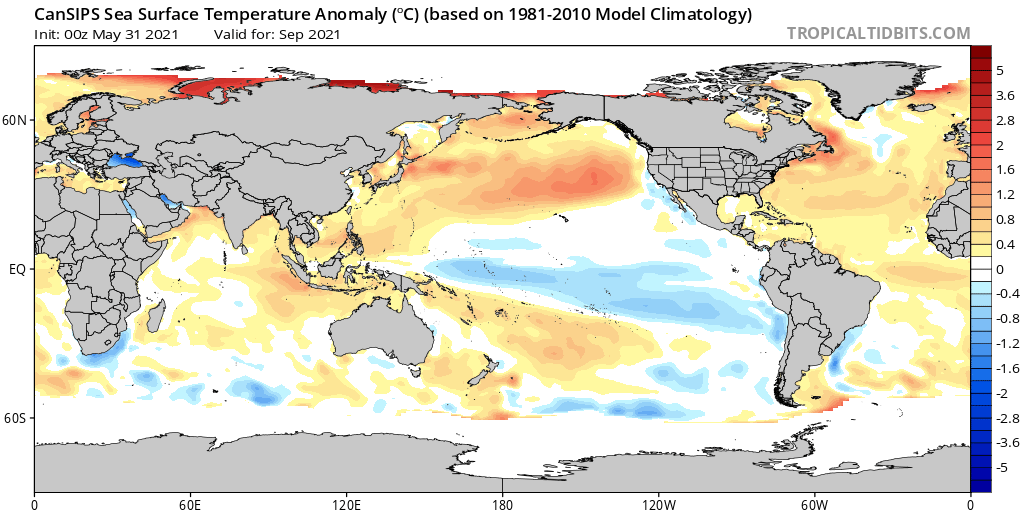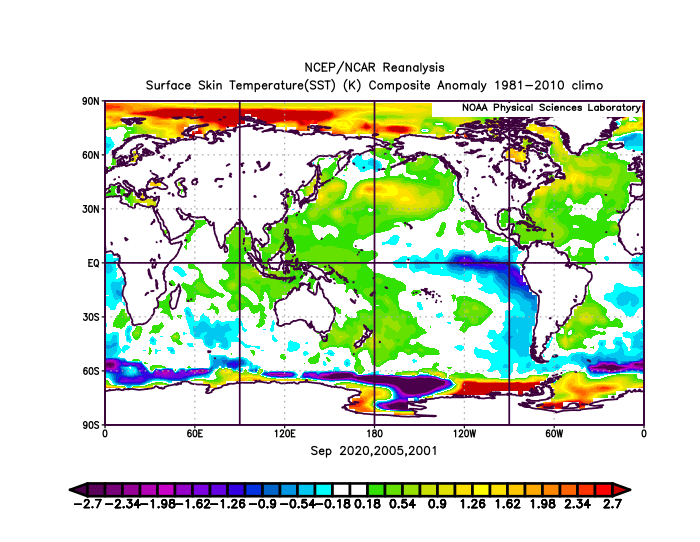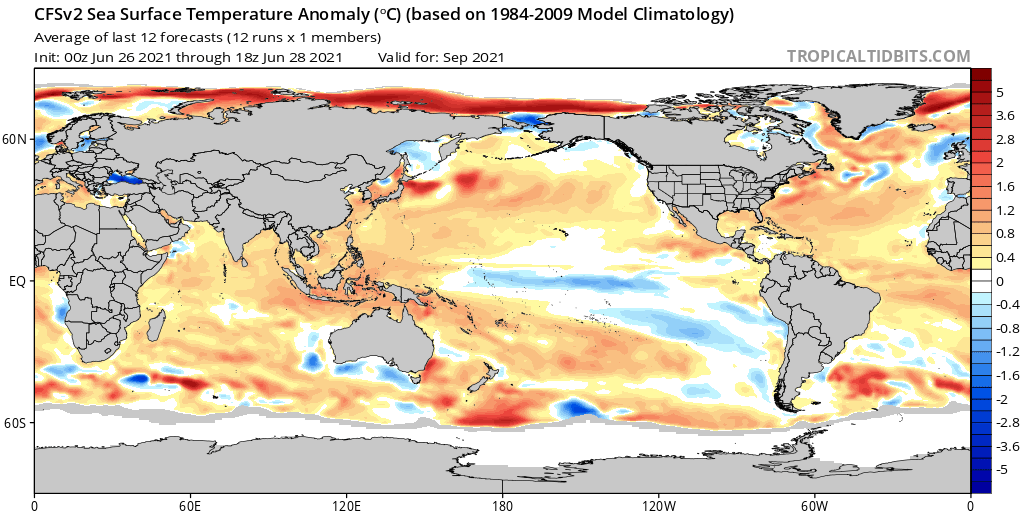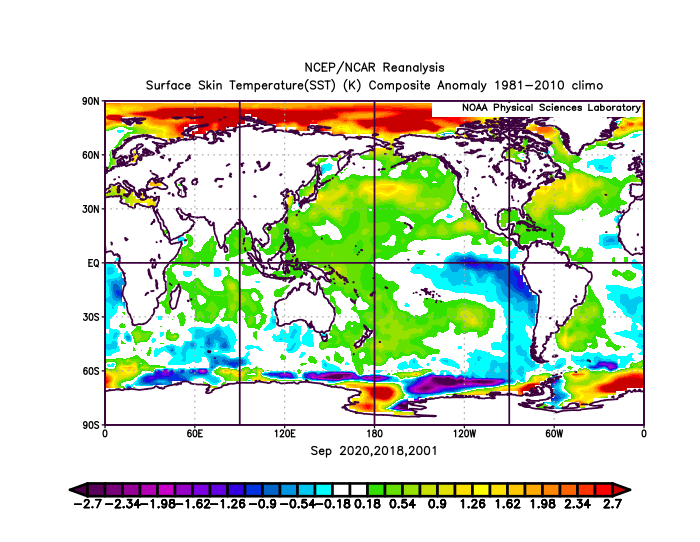#869 Postby aspen » Wed Jun 30, 2021 6:27 am
With the non-zero possibility of 97L becoming Hurricane Elsa in the first days of July, I wanted to see if the presence of a MDR or AEW-born July hurricane indicates a more active season than those with any July AEW system regardless of intensity. It turns out there actually isn’t much of a difference.
I limited my sample to seasons between 1980 and 2020, because the earlier back I go, the more seasons from the -AMO era are included, and that is not the state we are in now. This time frame allows for some of those -AMO era seasons to be included, but not the exceptionally inactive ones that were due to a totally different base state than the last 25+ years. 1985, 1989, 1990, 1995, 1996, 1998, 2003, 2004, 2005, 2008, 2010, 2011, 2013, 2017, 2018, and 2020 all had at least one system that formed in July either entirely or partially from a tropical wave (systems like Bertha ‘90 and Alex ‘04 were from an AEW combined with another source), and these are the averages I got:
—16.9 named storms
—9.0 hurricanes
—4.1 major hurricanes
—160.26 ACE
Now for the years that had a July AEW hurricane. Some of these years also had AEW tropical storms, or systems born from non-tropical precursors. The selection of seasons is cut down to 1985, 1989, 1990, 1996, 2003, 2004, 2005, 2008, 2018, and 2020, and the averages are:
—16.9 named storms
—9.2 hurricanes
—4.2 major hurricanes
—159.86 ACE
When rounded, both criteria yield the same average seasonal numbers: 17/9/4 and 160 ACE. Therefore, as I suggested in previous posts, the intensity of these July AEW systems doesn’t matter as much as the fact that any were able to form in the first place. The presence of one, on average, would indicate an active to potentially hyperactive season.
If 97L becomes Elsa today, it technically won’t count, but it’s so close to July and would mainly exist in that month so it probably should.
15 likes
Irene '11 Sandy '12 Hermine '16 5/15/2018 Derecho Fay '20 Isaias '20 Elsa '21 Henri '21 Ida '21
I am only a meteorology enthusiast who knows a decent amount about tropical cyclones. Look to the professional mets, the NHC, or your local weather office for the best information.















